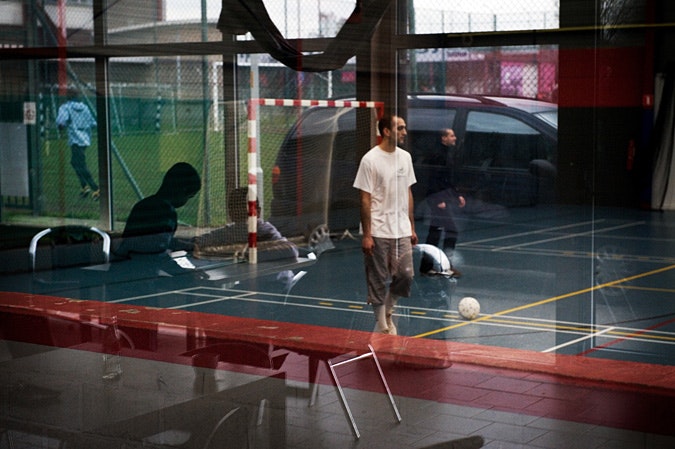Feeling at Home and Being Accepted: Muslims in Antwerp
By Rachel Hart

“Belgian people look down upon me regardless of the fact that I grew up here, speak Dutch, and have an education.”“My son had to take a test to measure his proficiency in Dutch because they assumed he could not speak Dutch well. When he came home he was angry. He said: ‘Mamma, what did they do? They wanted to put me in a group of migrants who don’t speak Dutch.’”
“I’m unemployed. They told me I have to take off my headscarf if I want to find a job.”
These are just a few of the comments that came out of focus group discussions with Muslim residents of Antwerp. One of Belgium’s most diverse cities, Antwerp has in recent years pursued a number of innovative programs to promote inclusion; however, feeling at home and being accepted do not always go hand in hand. Although 90 percent of Antwerp’s Muslim residents feel a sense of belonging to their city, some policies—like the ban on headscarves for certain public employees, teachers, and students—have contributed to a sense of exclusion.
These findings are part of a new report released today by the Open Society Foundations. Muslims in Antwerp is the result of more than three years of research involving in-depth interviews and focus group discussions with residents, local government officials, Muslim leaders, academics, journalists, and activists in Antwerp’s Borgerhout district. According to the report, discrimination remains a critical barrier to full and equal participation in Antwerp.
Antwerp, of course, is not alone in its struggle to ensure equal rights and opportunities for all of its residents. Almost 20 million Muslims live in the European Union today; they are a growing and varied population that presents Europe with a major public policy challenge. Yet there is very little official data available on Muslims in Europe and a lack of understanding of the trends, experiences, and concerns of these communities.
Over the last several years the Open Society Foundations have sought to change this situation by examining the social integration of Muslim minorities in 11 European cities. From Copenhagen to Berlin to Leicester, and now Antwerp, the picture of Muslims in Europe is not always one that is expected. The At Home in Europe Project has more information on today's report, the Open Society Foundations' work on inclusion, and research from the 11 cities.
Until August 2015, Rachel Hart was the associate director in the Office of Communications at the Open Society Foundations.